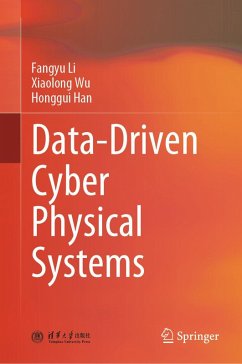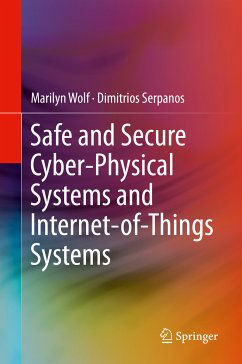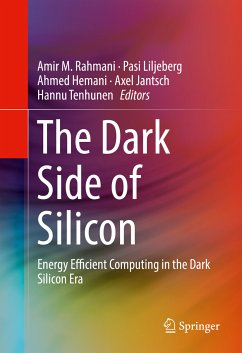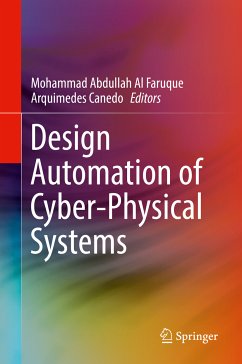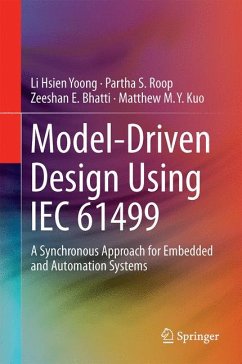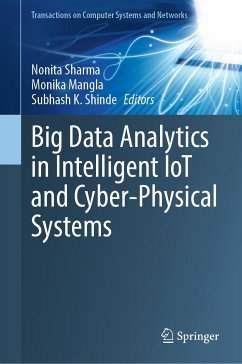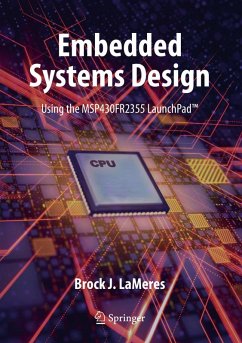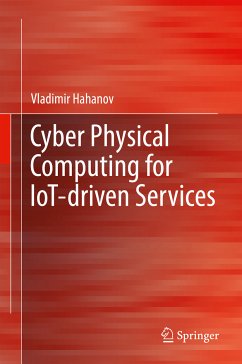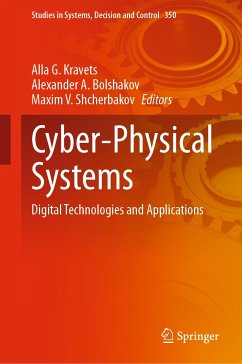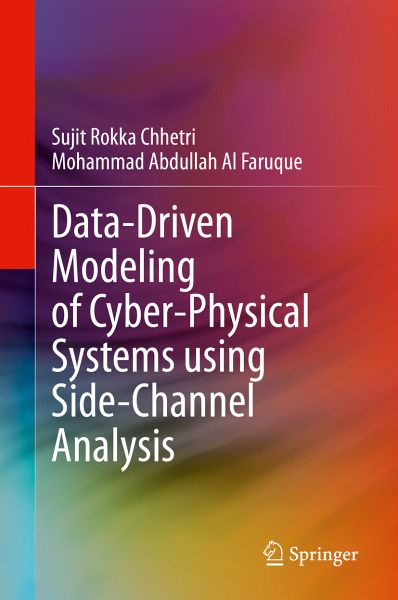
Data-Driven Modeling of Cyber-Physical Systems using Side-Channel Analysis (eBook, PDF)
Versandkostenfrei!
Sofort per Download lieferbar
64,95 €
inkl. MwSt.
Weitere Ausgaben:

PAYBACK Punkte
32 °P sammeln!
This book provides a new perspective on modeling cyber-physical systems (CPS), using a data-driven approach. The authors cover the use of state-of-the-art machine learning and artificial intelligence algorithms for modeling various aspect of the CPS. This book provides insight on how a data-driven modeling approach can be utilized to take advantage of the relation between the cyber and the physical domain of the CPS to aid the first-principle approach in capturing the stochastic phenomena affecting the CPS. The authors provide practical use cases of the data-driven modeling approach for securi...
This book provides a new perspective on modeling cyber-physical systems (CPS), using a data-driven approach. The authors cover the use of state-of-the-art machine learning and artificial intelligence algorithms for modeling various aspect of the CPS. This book provides insight on how a data-driven modeling approach can be utilized to take advantage of the relation between the cyber and the physical domain of the CPS to aid the first-principle approach in capturing the stochastic phenomena affecting the CPS. The authors provide practical use cases of the data-driven modeling approach for securing the CPS, presenting novel attack models, building and maintaining the digital twin of the physical system. The book also presents novel, data-driven algorithms to handle non- Euclidean data. In summary, this book presents a novel perspective for modeling the CPS.
Dieser Download kann aus rechtlichen Gründen nur mit Rechnungsadresse in A, B, BG, CY, CZ, D, DK, EW, E, FIN, F, GR, HR, H, IRL, I, LT, L, LR, M, NL, PL, P, R, S, SLO, SK ausgeliefert werden.



